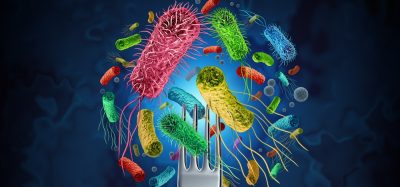Salmonella risk reduced
Posted: 26 July 2016 | Stephanie Anthony, Editor New Food | No comments yet
A new report on Salmonella in eggs show that contamination risk has reduced since last report.




The last report on Salmonella in eggs was completed in 2001, this new report by the Food Standards Agency (FSA) wanted to see what has changed since the last ACMSF report, and to assess the current level of microbiological risk to consumers (including vulnerable groups) from raw or lightly cooked shell eggs and their products.
The Group concluded that with respect to hen shell eggs, whilst a range of microorganisms could potentially contaminate the shell surface and possibly the egg contents, the only group of organisms of significant importance in respect of contents contamination is Salmonella. This latter risk is generally limited to a subset of these bacteria, principally Salmonella Enteritidis.
There has been a major reduction in the microbiological risk from Salmonella in UK hen shell eggs since the 2001 ACMSF report. This is especially the case for those eggs produced under the Lion Code quality assurance scheme, which comprises a suite of measures including: vaccination for Salmonella Enteritidis and Typhimurium, a cool chain from farm to retail outlets, enhanced testing for Salmonella, improved farm hygiene, effective rodent control, independent auditing, date stamping on each individual egg and traceability. The risk from non-UK eggs has also been reduced, but not to the same extent.
In practical terms, the Group considered that the ‘VERY LOW’ risk level means that UK eggs produced under the Lion code, or under demonstrably equivalent comprehensive schemes, can be served raw or lightly cooked to all groups in society, including those that are more vulnerable to infection, in domestic and nondomestic settings, including care homes and hospitals. This recommendation does not apply when non-Lion Code eggs, or eggs not produced under demonstrably equivalent schemes are used. The recommendation also does not apply to non-UK or non-hens’ eggs.
The report also highlighted the need to store eggs properly, to observe best before dates, and to avoid cross-contamination of eggs or temperature abuse within the kitchen environment, particularly where the egg contents will be consumed raw or lightly cooked. These factors will increase the level of uncertainty associated with this risk assessment.









